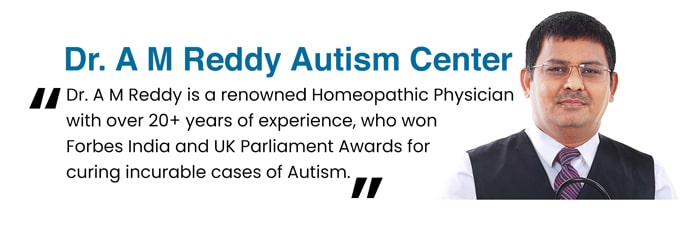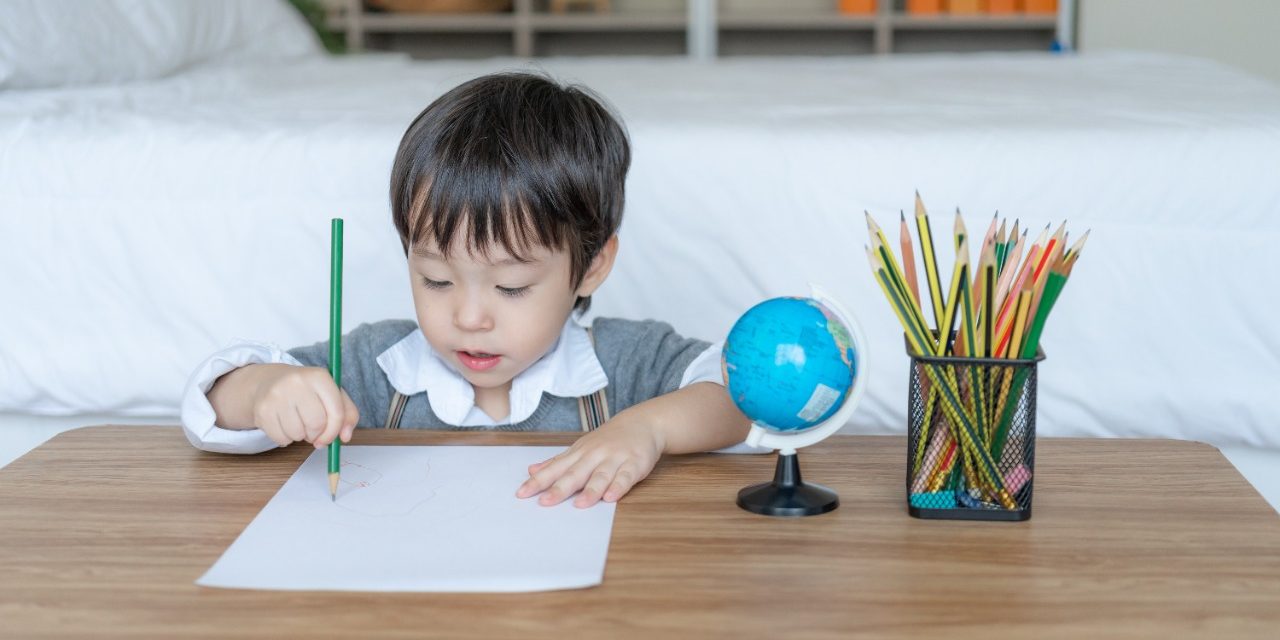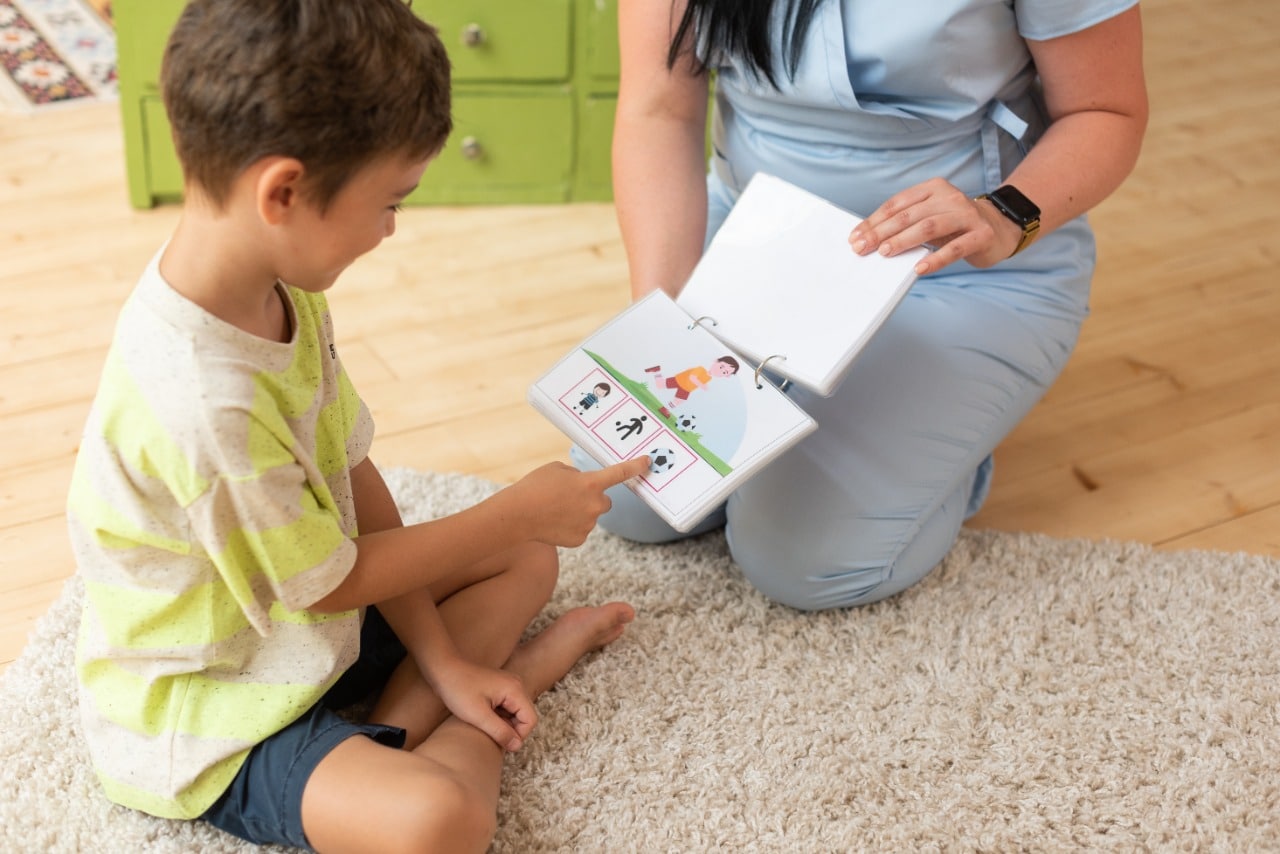Learning disability is one of the most common disorders that affect children of young age, causing an inability to understand or use spoken or written language. Even if the learning disability occurs at a younger age, it can only be seen after school age. It involves a weakness in reading, reasoning, writing, organizing, and math. People with learning disabilities can learn everything but will take a longer period and may require support in evolving new skills, understanding complicated information, and learning how to interact or form relationships. In this article we will be knowing about Homeopathy Treatment, Symptoms and Types of Learning Disabilities.
People with a learning disability don’t mean that they are dumb or lazy; actually, they are as intelligent as the other kids’ but the only problem is receiving and processing the information. As many of us think that ADHD is a type of learning disability. But it is not; ADHD is nowhere related to learning disability and vice versa.
Symptoms of Learning Disabilities
Here are a few common signs or symptoms of a learning disability.
- Difficulty in following the direction or learning routines
- Trouble is finding the right letter or word (For example: P instead B, and vice versa in Pat/Bat)
- Difficulty in pronouncing words
- Difficulty in learning the connections between the letters and sounds
- Poor handwriting
- Difficulty in expressing thoughts
- Trouble in staying focused
- Difficulty in staying organized
- Difficulty in solving basic math problems
- Difficulty with zippers, buttons, or learning to tie shoes
- Trouble expressing thoughts or following classroom discussions
Types of Learning Disabilities
There are seven major types of learning disabilities.
- Dyscalculia: Dyscalculia is one of the common types of learning disabilities where the person finds himself having difficulty performing simple math calculations and the tasks that involve math. Children with dyscalculia, a common type of learning disability, may have trouble organizing and memorizing numbers and operations signs (+, -, *, / ). They may also have difficulty remembering times tables, counting money, and difficulty identifying or reading time.
- Dysgraphia: Dysgraphia is the most common type of learning disability and a neurological disorder. This type of disability revolves around the act of writing. Children with dysgraphia may have trouble with writing, including spellings, word spacings, and expression. They may find it hard to form words or letters. They may also find difficulty translating their thoughts into writings.
- Dyslexia: Dyslexia is a learning disorder or a disability that refers to difficulty in reading. Children with this type of disability may find difficulty finding the relationships between sounds, words, and letters. They may also find difficulty understanding the ideas, reading fluency and speed, and difficulty in general vocabulary skills.
- Non-verbal learning disabilities: This type of learning disability is different from other learning disabilities. Non-verbal learning disability is nowhere related to reading or writing. Non-verbal skills include motor, visual-spatial, and social skills. Children with Non-verbal learning disabilities may have difficulty understanding facial expression, body language, and tone of voice. People experiencing these difficulties often have stronger verbal skills.
- Language processing disorder: Language processing disorder is another type of learning disability, where the person feels difficulty using a language to express their thoughts. People with this type of disorder may have difficulty in spoken language, reading, writing, and even speaking.
- Auditory processing disorder: It is a type of learning disability where people have difficulty understanding sounds. Auditory processing disorder (APD) refers to the problems with how the brain understands speech. If the person has Auditory processing disorder, they may greatly impact the ability to read, write, and spell. People with this type of disability may find difficulty in listening to music, hard in finding where the sound is coming from, and sometimes find difficulty in following instructions.
- Visual perceptual deficit: Visual processing disorder, also known as the visual perceptual or visual motor deficit, is also a learning disability where the person has difficulty writing on lines or maintaining margins, may have difficulty in copying the text from the board or from a book, difficulty in identifying the shapes, and reversing the letter or numbers.
How to tackle the situation?
Learning Disability is not a disease or a disorder; it is a condition. Proper intervention at the right time is more than necessary to help your child overcome this issue. Parents and teachers should be more vigilant and understanding to address the situation and help the child. This cannot be postponed as the child needs to be thorough with the basic education to go forward in the journey of education. It is really important to understand and help the child as this disability can cause more issues like depression, anxiety, stress and many others due to a bad feeling that might originate due to their inability to study properly. This situation can get serious, like an avalanche, if not resolved in the initial phase. So, a constant vigil is more than important to help your child.
Conclusion
The most common treatment used in recovering learning disabilities is by using therapies like speech therapy or by language therapy; other than therapies, the best and effective way to treat learning disabilities and other behavioral disorders like autism, ADHD, conduct disorder, etc., can be treated with homeopathy without any side effects and further complications.
Homeopathy offers the treatment for learning disabilities by giving immunotherapy, which helps boost immunity and reduce inflammatory responses. Homeopathy has created wonders in treating many children suffering from learning disabilities, as the homeopathic medicines are effective and show no side effects. Is your little one showing any of the symptoms of learning disabilities? Discuss with our experts


